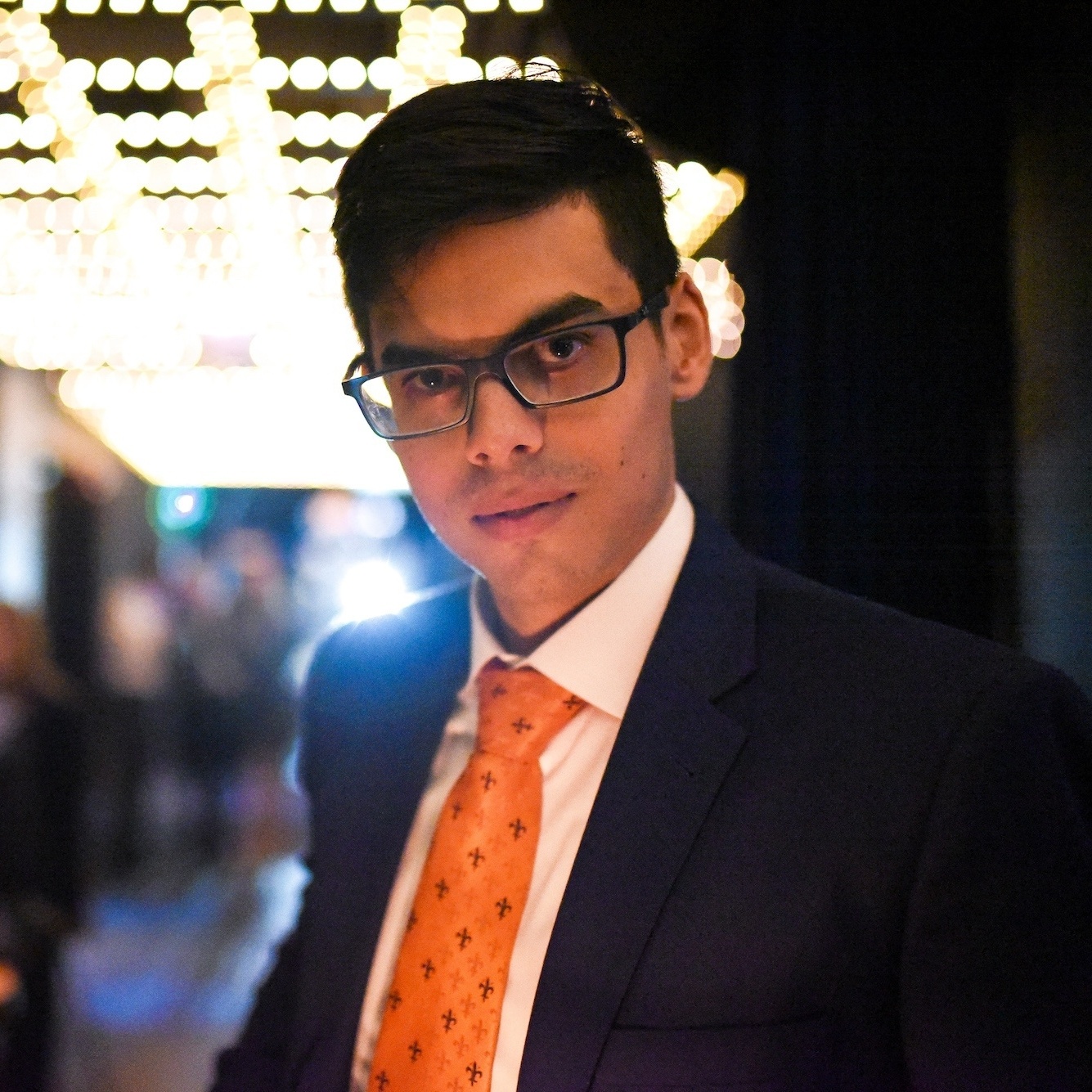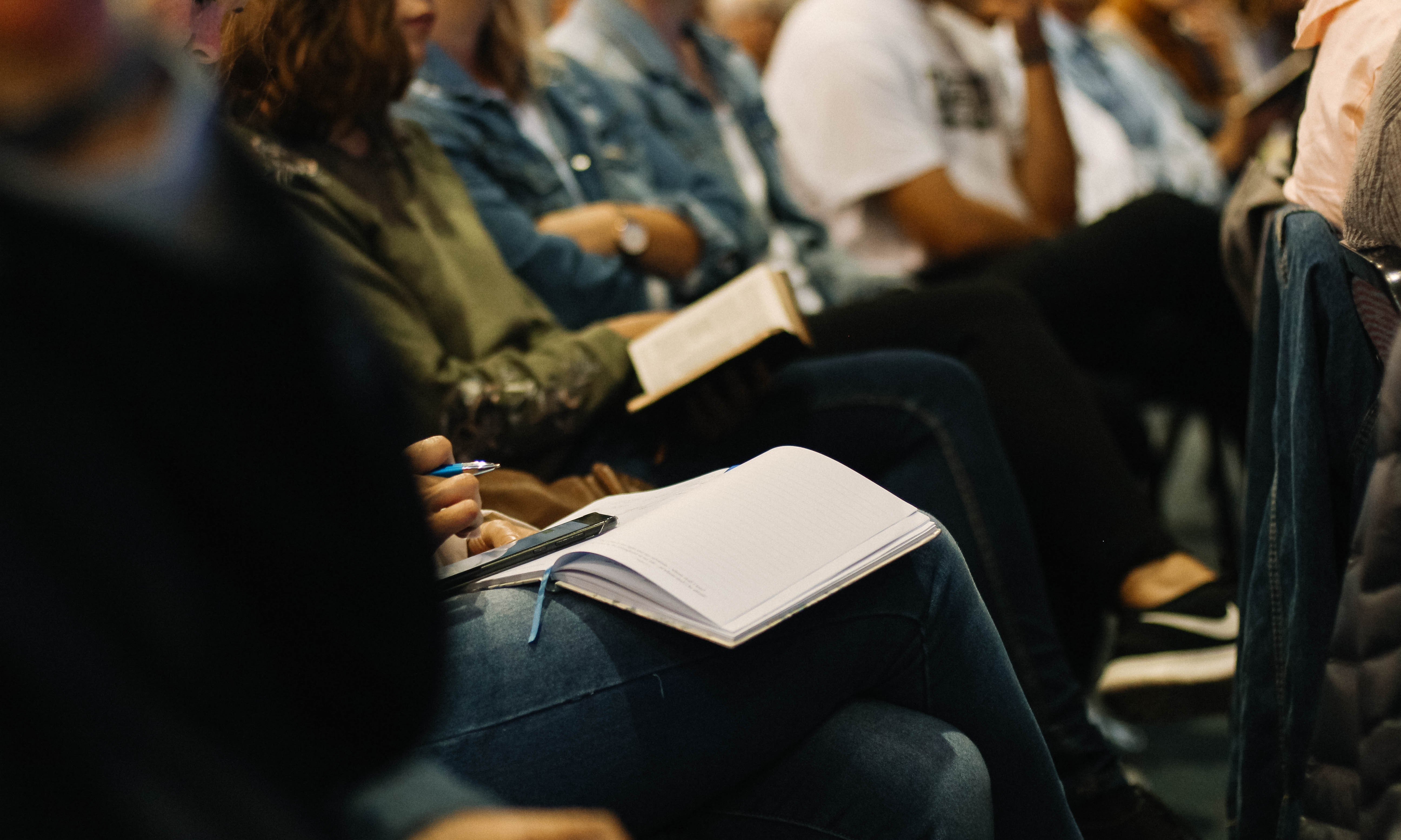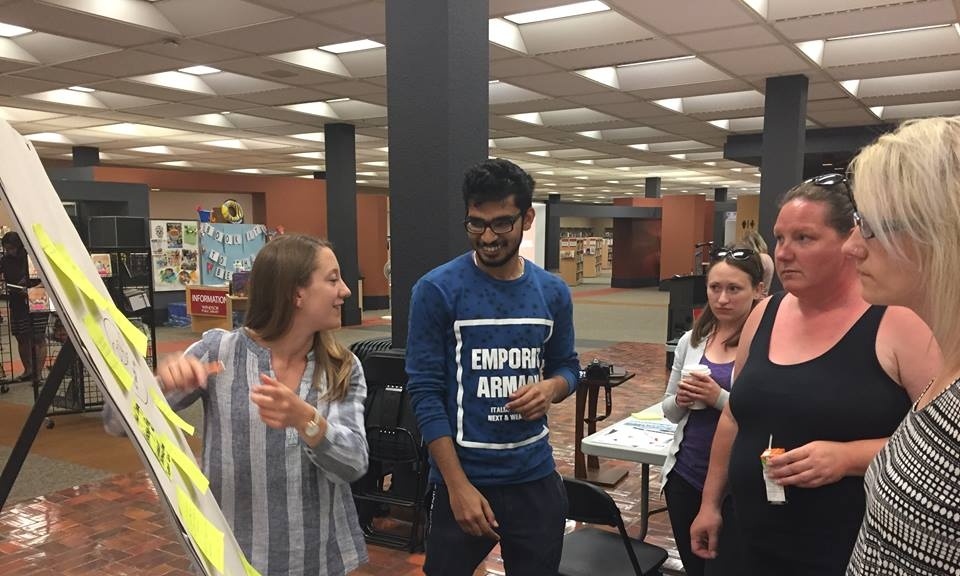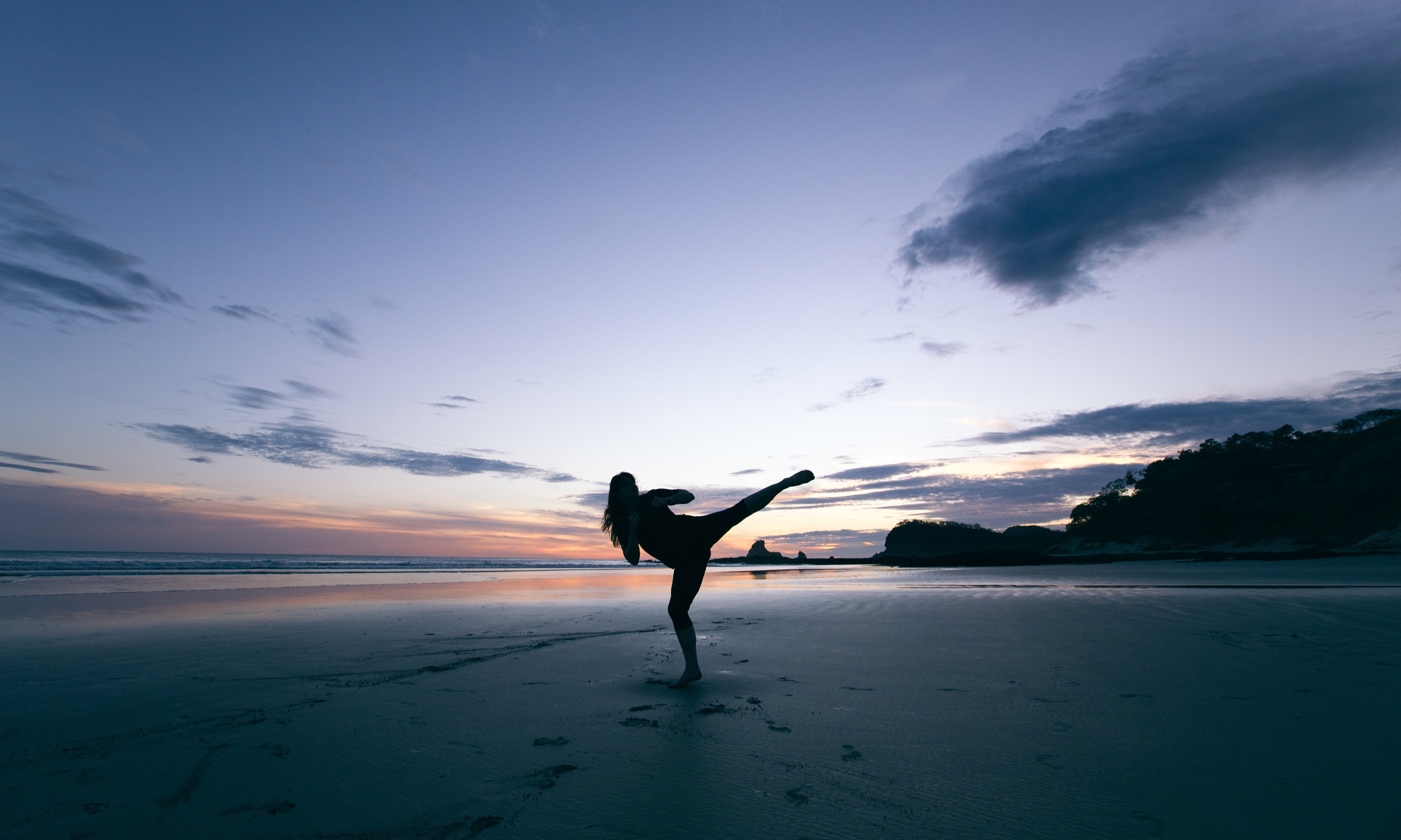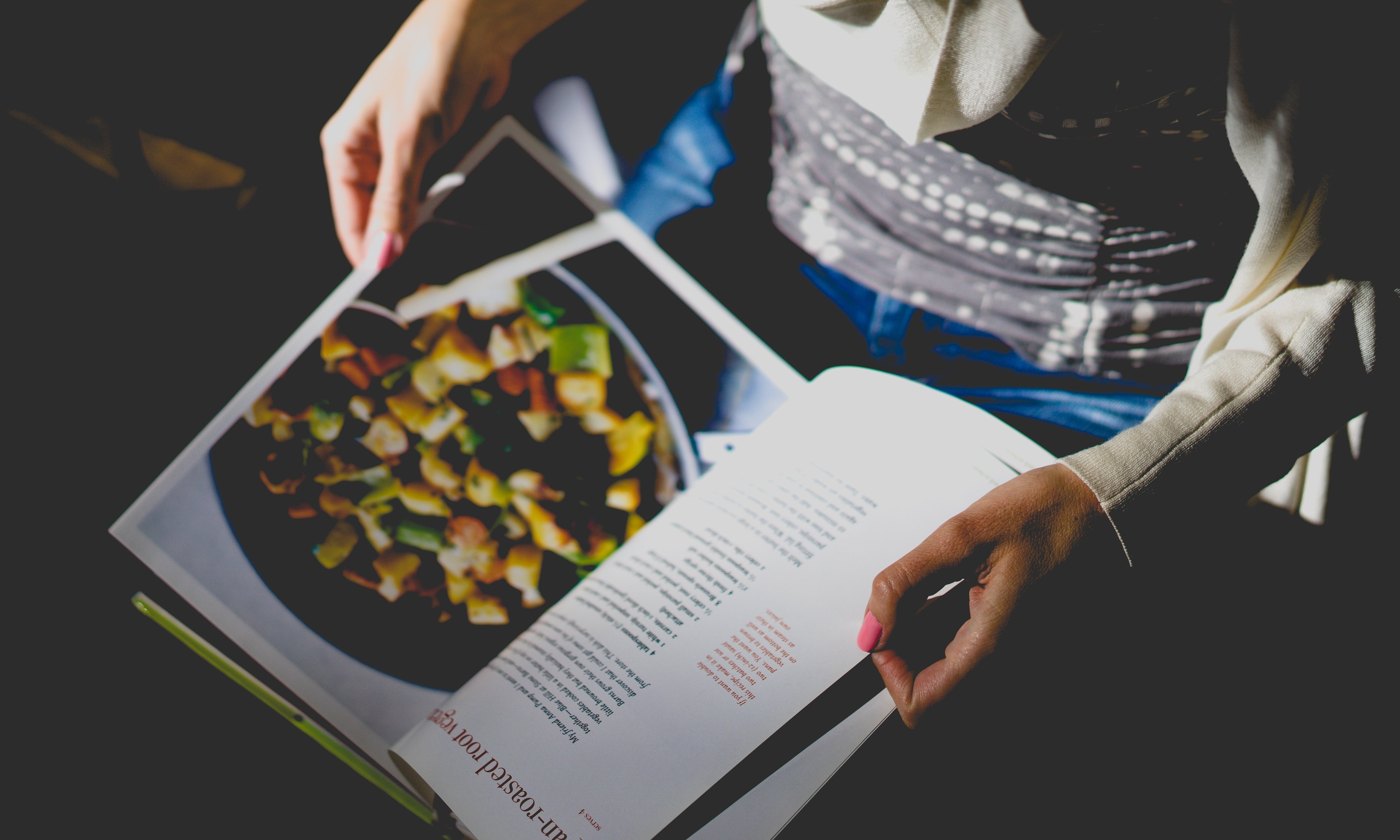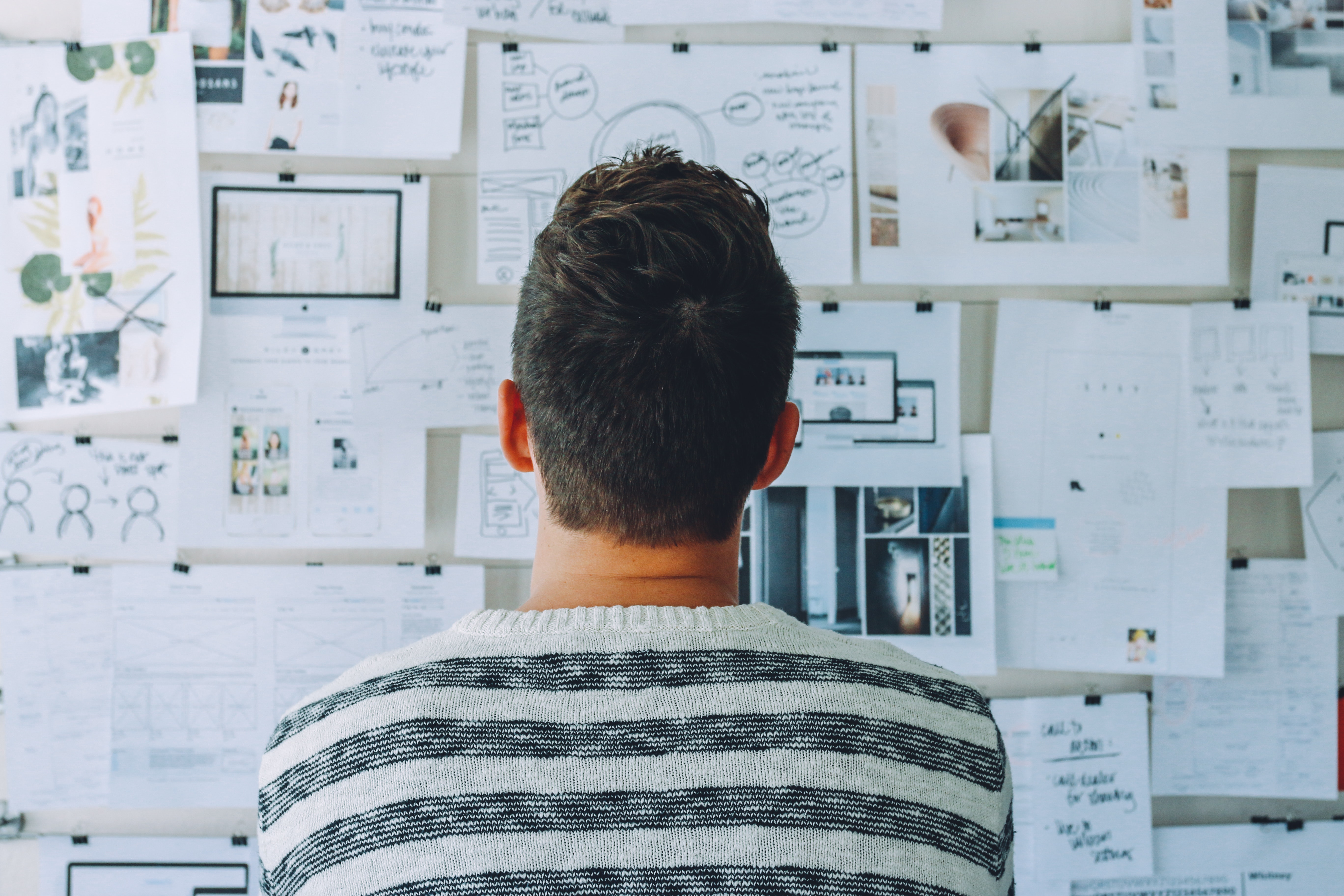A Community Change Spot Check: What Are You Doing and Why are You Doing It?
In working with community organizations, one of the most common challenges I’ve encountered is the tendency to focus on what we need to do instead of why we are doing it. This happens for many good reasons; not only are all of us are struggling just to stay afloat in our work, but we also have many competing demands on our time and attention. It’s easier to simply meet each of those demands in turn and move on to the next.
Read More

